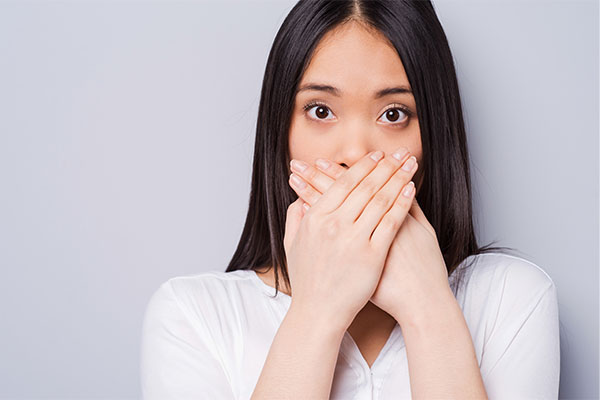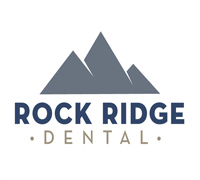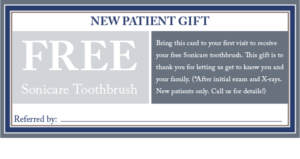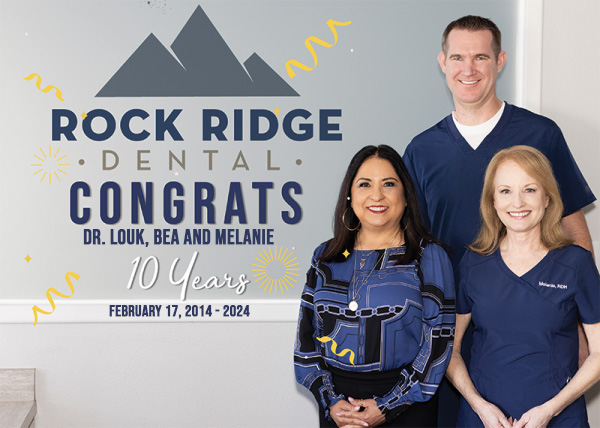
Flossing: The best habit you probably don’t practice as much as you’d like, am I right? Flossing is very important for your oral health, and we’d argue it is equally as important as brushing. Have you ever wondered what kind of floss is right for you? The answer is simple: The best floss for you is the one you like using the most. Personally, I prefer a dental floss that is more akin to a dental tape, such as Oral-B’s Glide Floss, but I know plenty of people who don’t like how slick of a floss this is, and would much rather use an old-fashioned, unwaxed dental floss, just like this generic CVS unwaxed dental floss.
At the end of the day, perhaps the floss you use isn’t as important as how regularly you use it and your flossing technique. Flossing should be done every single day, preferably before bedtime. When you leave food debris between your teeth, it will turn to plaque which then eats away your enamel, making your teeth vulnerable to tooth decay and cavities. When you do floss, you should take your time and get all the corners around each tooth and slightly below the gum line.
How to Start a Good Habit
Once you’ve found a floss you really like using, make it accessible to you. Perhaps you could buy a 6-pack of floss and put one in places you’ll see it: Your bathroom sink, your car, your handbag, your desk, or even your bedside table. As long as you remember to floss at least once a day, you’ll eventually develop the habit of remembering to floss. Once you have the flossing habit down, you can then switch over to flossing your teeth as one of the last things you do before going to bed.
What Flossing Will Do for You
An estimated 50% of Americans floss daily, and an astounding 18% don’t floss at all. Just a simple habit like flossing can help prevent gum disease, tooth decay, cavities, and can save you thousands of dollars on restorative dentistry. When you don’t floss, eventually it will catch up to you. It may not affect all of your teeth at the same time or in the same way, but eventually you may develop cavities or tooth decay that requires root canal therapy and a permanent dental crown. You can avoid many oral health issues by just taking good preventive health care measures, such as flossing!
Next to at-home care, visiting your dentist at least twice a year for your teeth cleanings is also important. Have you seen your dentist lately? Call us today for your appointment! You can also book your appointment online.
Contact us today to schedule your appointment.


